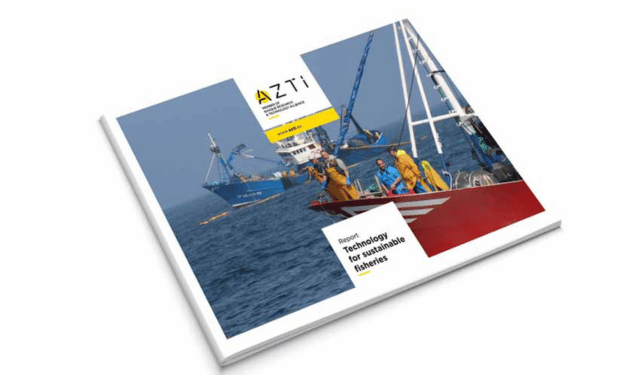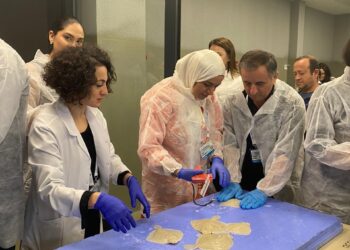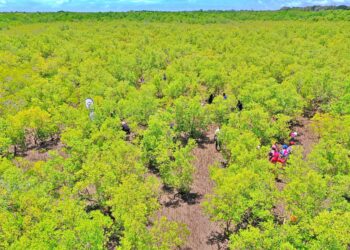AZTI report: the route to a more sustainable and innovative European fishery – The future of European fishing passes through digital transformation and sustainable innovation. This is certified by the latest report from AZTI, a leading technology centre for the fishing industry, which recently presented an updated overview of the most promising technological solutions to make fishing more efficient, traceable and sustainable.
According to the latest figures, the fishing industry in Europe directly employs almost 120,000 people and generates a production of 3.49 million tonnes of catch, worth €6.6 billion (2022 figure). However, challenges such as climate change, rising fuel costs, changing consumer preferences and increasing regulatory pressure are testing the resilience of the sector.
Digitalisation as a strategic lever
In its report, AZTI highlights the key role of artificial intelligence in the modernisation of the European fleet. Thanks to the development of predictive algorithms dedicated to target species such as anchovies and tuna in the Bay of Biscay, it is now possible to identify the areas most likely to be fished, thereby optimising routes and reducing fuel consumption and CO₂ emissions.
Not only that. Machine vision makes it possible to automatically identify, classify and count catches directly on board fishing vessels. This translates into more efficient management of marine resources, promoting responsible and sustainable fishing.
Objective: reducing the environmental impact of fishing
Reducing greenhouse gas emissions and decarbonising the fishing fleet remain top priorities. As Gorka Gabiña, AZTI’s coordinator for Sustainable Fishing Technologies, points out, “every fleet is different and requires customised strategies: from optimising consumption to the use of new materials for boats, to the use of alternative energies”.
The report also explores the potential of the circular economy in fishing, highlighting the importance of recovering discarded fishing gear and the use of biodegradable or innovative materials. Although investment in adequate infrastructure for large-scale marine waste management is needed, these practices can significantly improve ecosystem health and generate new economic opportunities.
Technologies to reduce bycatch and protect biodiversity
One of the most complex challenges is combating the bycatch of non-target species, such as juvenile fish, sharks, sea turtles, birds and cetaceans. AZTI proposes a range of practical solutions: from electronic monitoring systems with cameras and sensors, capable of providing accurate data in real time, to innovations in fishing gear and devices for the safe release of accidentally caught animals.
These tools not only support compliance with European regulations, but also represent a step towards more selective and sustainable fishing that combines economic efficiency and environmental responsibility.
The message of the AZTI report is clear: innovation is essential to ensure a sustainable future for the European fishing industry. Today, digital technologies and sustainability-oriented solutions are not only an opportunity, but a necessity to meet global challenges and maintain the competitiveness of our fleets.
AZTI report: the route to more sustainable and innovative European fisheries








